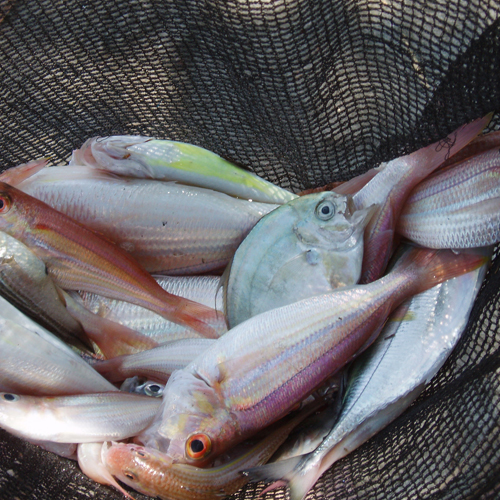- Lighthouse Foundation
- Projects
- International: Slow Fish - Understanding the Oceans
International: Slow Fish - Understanding the Oceans
What is at issue:
Fishing has been a strategic issue for the Slow Food for many years. With fishing, as with agriculture, Slow Food strongly believes that every individual can contribute to changing the current globalized food system based on the intensive exploitation of resources.
The development model we want to promote is instead based on the involvement of all the local actors, supporting the link between land and sea and a harmonious and responsible use of all available resources, particularly marine resources, so as to ensure the application of sustainable practices through the promotion of traditional techniques that respect the equilibriums of ecosystems.
The current situation with the pandemic reinforces Slow Food’s conviction: we need to rethink our entire society to face the new challenges of our time. The change departs by bringing consumers closer to the origin of their food, building solid relationships. Despite the constrictions imposed by COVID-19, the Slow Fish network has been very active in the discussion on how to improve the food system and specially the management of resources connected to fishing.
The current situation with COVID-19 makes clear what Slow Food has been saying since its founding 30 years ago: our food sovereignty will only be guaranteed if we have strong local production supported by self-determined local actors.
What's happening now:
The 8th International Slow Food Congress will take place in the fall of 2022 as part of Terra Madre. It will be a crucial moment to set our political, strategic and organizational direction.
In the run-up to the Congress, a key document has been produced to support our movement in the work ahead. The document, "An Urgent Call to Slow Down," proposes three priorities around which our commitments, actions, and projects should be articulated: defending biodiversity, raising awareness, and supporting our efforts and influencing the public and private sectors.
Communities: The network is working to expand the Slow Food communities model to coastal, lake and river habitats.
Establishment of an international advisory board: the growing complexity, contradictions and uncertainties, as well as the geographic expansion that Slow Fish has experienced in recent years, make it necessary to create an international advisory board that represents the diversity of different perspectives.
Grassroots projects: the launch of the new logo includes the revision of the protocols of the Presidia (18 in Italy, 1 in the Netherlands, 1 in Denmark, 1 in France), new narrative labeling, the search for new "arks of taste" in seafood products.
Events: The 2021 Slow Fish Genova edition "The Water Cycles" (Genoa, June 4/July 2021) has a digital and a physical component due to COVID constraints. The program will include webinars and short videos addressing the challenges facing our fishing communities, illustrating the cultural heritage of fishing, seafood recipes, and testimonials from the global network. A gastronomic program will offer taste experiences.
Regional Slow Fish Networks:
- Africa: the Slow Fish network especially in the Maghreb and the Great Lakes region will receive special support as they are very active and well organized.
- North and South America: the organization of activities (webinars, publications) within the Slow Fish North America and Slow Fish Caribe networks will be supported.
- Northern Oceans: we would like to revitalize this region and continue the work around ethical trade and co-management.
- Slow Fish Med: We will support the organization of Slow Fish Med in Morocco (fall 2021) to strengthen the new alliances between the North and South of the Mediterranean.
- Slow Food is a member of the steering committee for the International Year of Artisanal Fisheries and Aquaculture. Slow Food will promote the IYAFA global action plan.
The fair "Slow Fish" takes place every two years in Genoa. It informs consumers and deals with sustainable fisheries.
We are eating more fish than ever before. Our consumption of fish is fast spiralling beyond control, pushing fisheries and marine ecosystems to the brink.
What we have achieved:
Slow Fish’s main task was to consolidate and work with the networks on specific exchanges and projects related to poverty alleviation, ecological responsibility, promotion of local production and capacity building for community organization.
Our activities developed along 5 thematic axes:
- Knowledge sharing as a tool for increasing resilience of rural and coastal communities in southern countries, with a focus on knowledge that can help improve local capacity to organize, increase responsibility towards natural resources, add value to products, and livelihood alternatives development
- Creative use of invasive species, or how to transform a threat into an opportunity
- Interconnected waterways, since fisheries are located all along waterways, and the impact of inland fisheries on the ocean.
- Aquaculture and Aquaponics as a viable and responsible alternative
- Increasing synergies between indigenous peoples and fishery issues and network.
The international Slow Fish campaign is launching initiatives that promote artisanal fishing and neglected fish species and inspire reflection on the state and management of the sea’s resources.
The Slow Fish event, held every two years in Genoa, is the most complete expression of our approach, with a large space dedicated to information for consumers, awareness-raising for children and encounters between people involved in sustainable fishing. And of course, there are plenty of opportunities for tasting all the delicious seafood that visitors have been learning about.
The multilingual website, to paint a complete and nuanced picture of the complex situation that lies behind a plate of fish. Slow Food provides a teaching tool that illustrates the basic concepts of fish sustainability, such as seasonality, sizes and reproductive age, to help every class research their own local fish species.
TheSlow Food Foundation for Biodiversity is playing a key role. In recent years it has launched 23 Presidia projects with Terra Madre fishing communities. The Slow Fish in Action section gives visibility to these projects, along with all the activities undertaken every day by the members of our network to promote good, clean and fair fish.
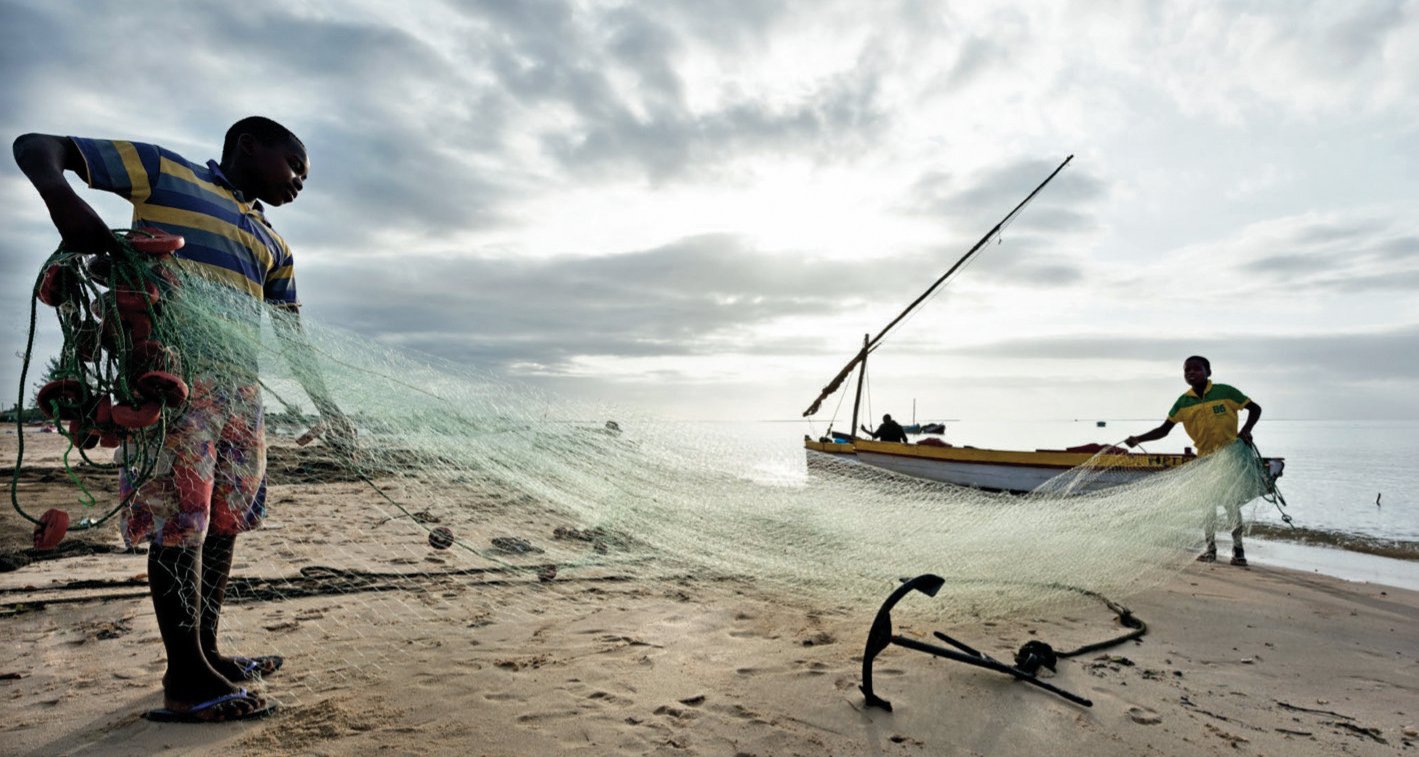
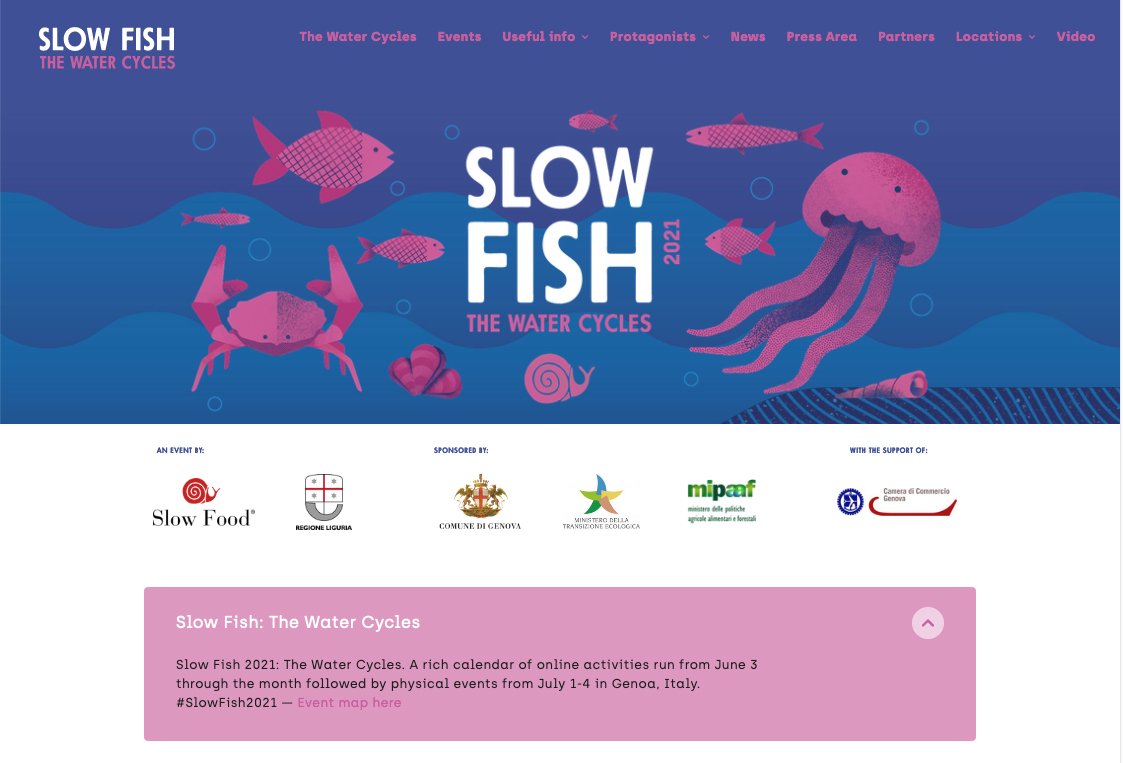
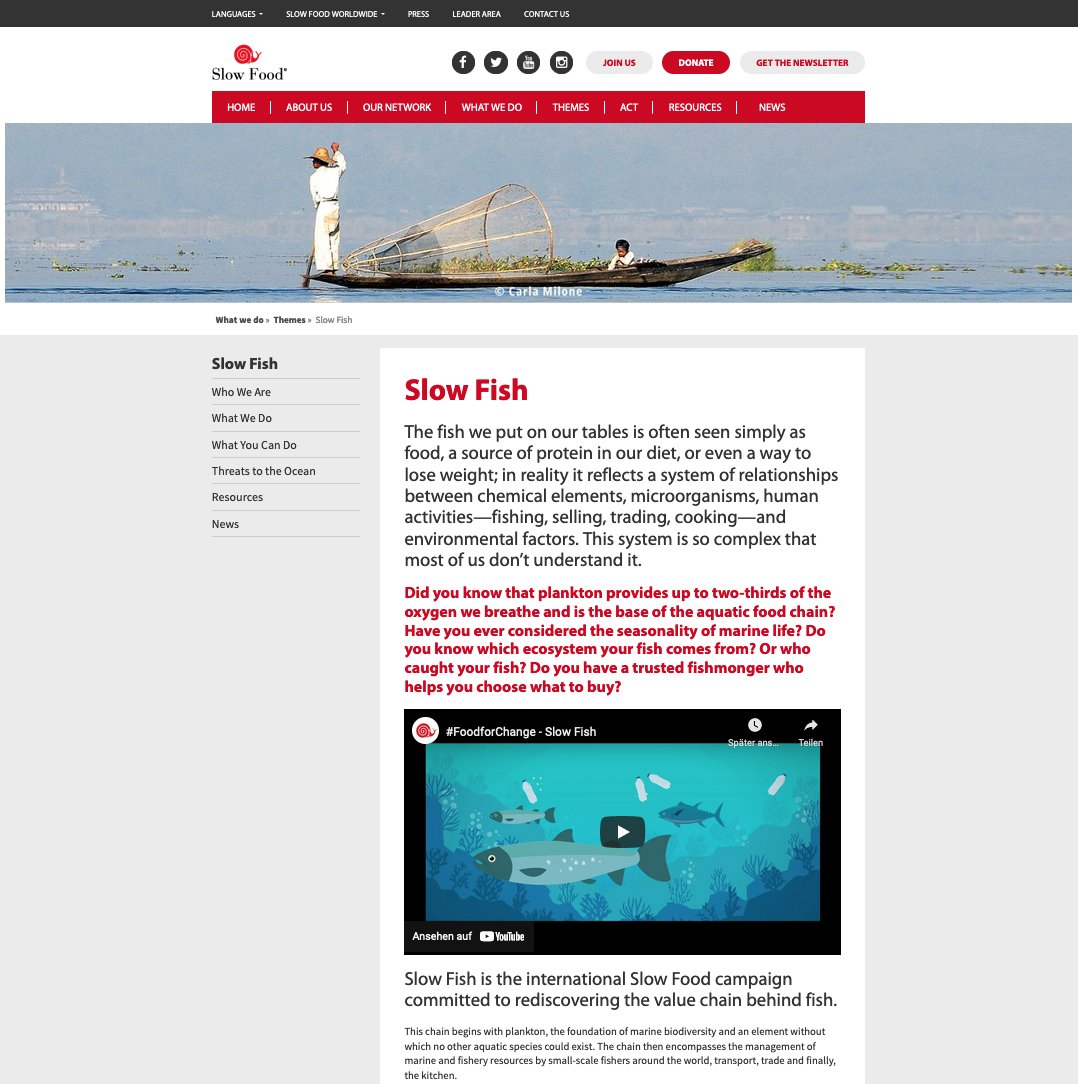
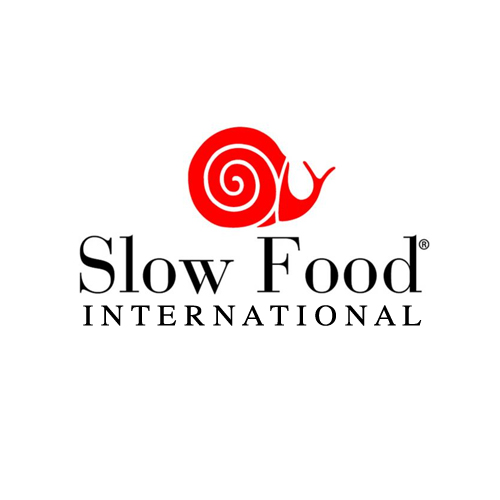
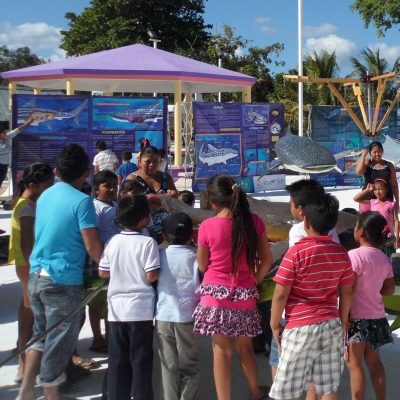)
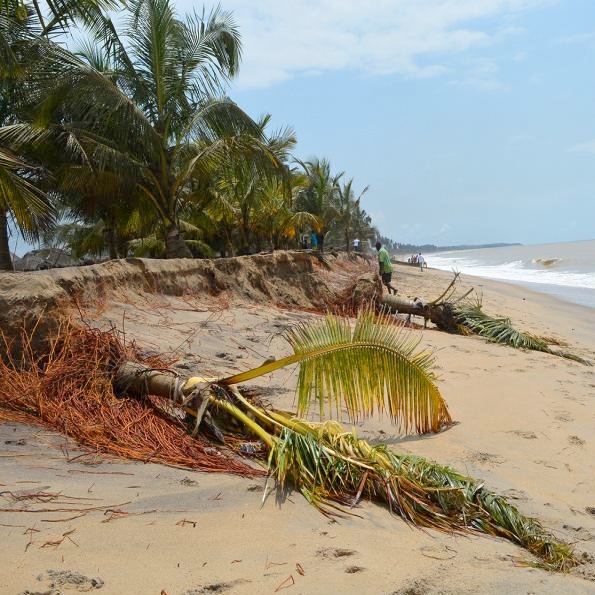)
)
